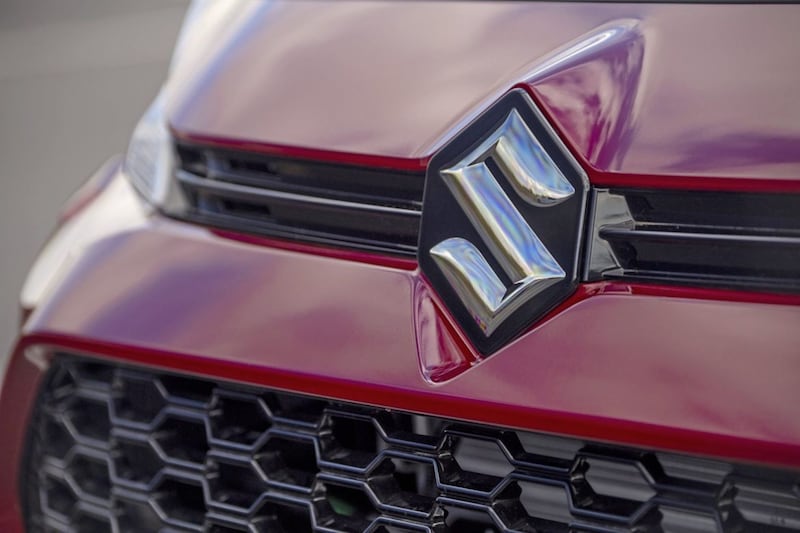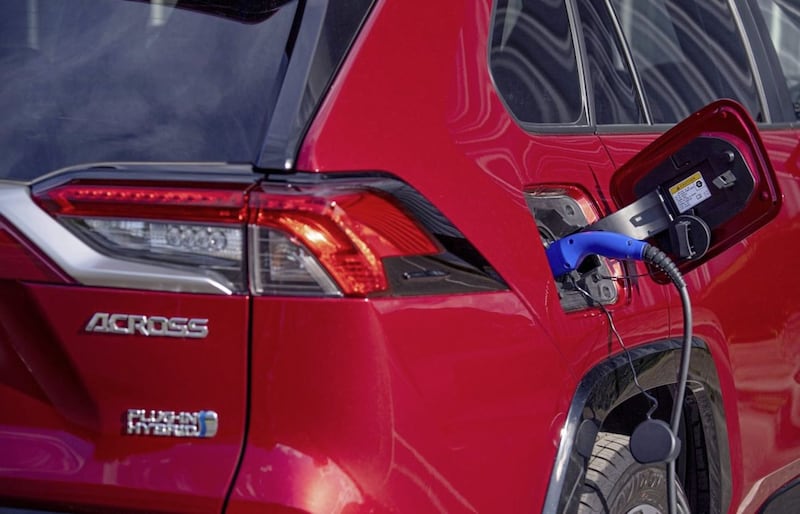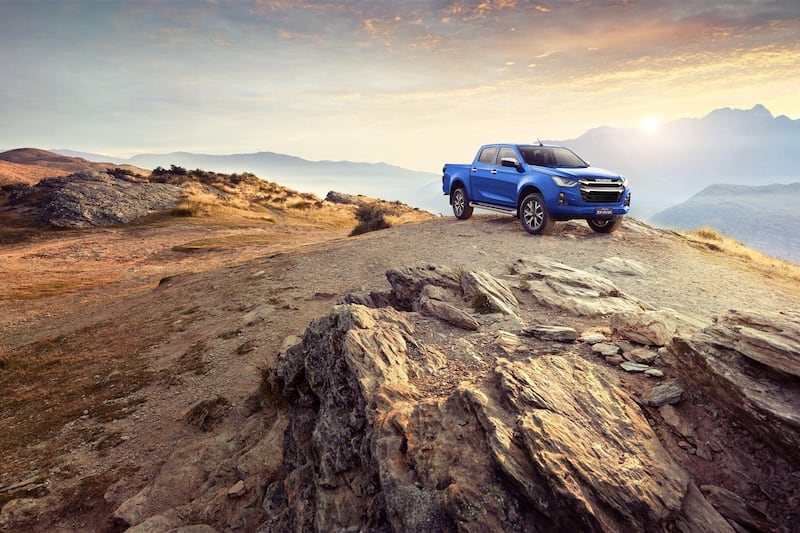'BADGE engineering' is nothing new in the motor industry, with car-makers routinely sticking a different badge on a given model to widen its appeal to a different part of the market, writes William Scholes.
Perhaps the most prolific - some would say cynical - practitioner of the art of rebadging was the sprawling and now defunct British Motor Corporation. So the humble Austin 1100 you could have bought in the 1960s was also offered with Morris, MG, Riley, Vanden Plas and Wolseley badges. Each variant was more or less identical and could be distinguished only by its different grille, the number of carburettors bolted to the engine or its chrome trim.
Latterly, the behemoth Volkswagen Group has taken a different approach to badge engineering, becoming the master of spinning different models of a shared set of mechanical underpinnings. It's a more subtle take on the practice than BMC ever employed, with more obvious and significant differences between a VW and a Skoda than there ever were between a Morris 1100 and an Austin 1100. Nonetheless, the Volkswagen Golf, Audi A3, Skoda Octavia and Seat Leon, to take but one conjoined example from the VW Group model catalogue, are essentially the same thing.
We can expect to see more of this as car-makers adjust to the demands of adding electric vehicles to their line-ups. The nature of EV platforms mean that where any brand-distinctive attributes are needed, they can largely be achieved through software tweaks and styling sleight of hand.
This has more in common with the 'open source' philosophy familiar in the worlds of software and computing than it does with legacy car manufacturing. Thus, Ford will build European market electric cars - the first is due next year - on a VW platform.
In the here and now, some of the most blatant badge engineering can be found in your local Suzuki showroom.
We've already written about the Suzuki Swace, which is a Toyota Corolla estate. The car on this page is the Suzuki Across, but is also available as the Toyota RAV4.

Suzuki is a small car specialist - here at Drive we are big fans of the Swift and Ignis - so Toyota enlisted its help to develop vehicles for the Indian and Asian markets. In exchange, Toyota is helping Suzuki with the problem it faces in the European market of meeting ever-tightening emissions targets.
The short-term fix has been to add hybrids to the Suzuki fleet - thus the Swace/Corolla, which is a 'regular' so-called self-charging hybrid, and now the Across/RAV4.
All RAV4 models are hybrids, but the Across gets the Toyota's top-of-the-range and highly effective plug-in hybrid drivetrain.
Being a large plug-in family SUV means the Across is an expensive car by Suzuki standards, with a price of £46,629. There's only one trim level offered, whereas at the moment Toyota has two for the RAV4 plug-in, each cheaper than the Across at £43,635 and £45,250. There was a more lavishly trimmed RAV4 that nudged £50k but that has dropped off the price lists.
The differences between the two extend to the grille and the badge on the steering wheel. Weirdly, the Suzuki does without the Toyota's built in sat-nav, which seems a bit mean on a mid-£40k car. Apple CarPlay and Android Auto means it shouldn't really be a problem, but all the same...
As a family car, the Across is easy to recommend. It's a substantial size, and there's a proportionate amount of room for passengers and luggage. Build quality is excellent, and the robustness of the controls - the rubberised heating knobs, for example - convey the impression that the Across is built to last. The driving position is first class, too.
Niggles include the haphazard positioning of some buttons and the central display screen feels last generation - neither its graphics nor its operation are as crisp as you'll find elsewhere.
Of course, family-friendliness isn't the only reason anyone will be interested in the Across. Its plug-in drivetrain is the main attraction, and the reason it costs £46k.
You get a 2.5-litre petrol engine and two electric motors, one front and one rear, giving the Across some traditionally Suzuki four-wheel-drive capability. Keen drivers won't be thrilled that a CVT transmission is in the mix, with characteristic sustained high revs when accelerating sharply.
They will, however, enjoy the fact that the Across's complex drivetrain yields 300bhp, making this a genuinely quick car. The 0-62mph time is quoted as 6.0 seconds, which is quicker than a VW Golf GTI, and the surge of electrically-assisted acceleration is rather addictive.
At least in a straight line... This is still a 2 tonne, high-riding family SUV, so doesn't quite handle with the verve one might hope for. In this respect, it's quite unSuzuki-like. The ride is on the firm side, too.

Much of the blame for the weight of the Across must surely lie with its relatively-large - for a plug-in - 18.1kWh battery. The trade off, however, is a quoted battery-only range of 46 miles. This will be of more relevance to buyers than back-road ability, and I found that I was able to easily get more than 40 miles from a charge. In my experience of plug-ins, that's rather impressive. Driven thus, the Across is quiet, refined, comfortable, and feels like it would make a lot of sense for a family not yet ready or able to take the full EV plunge. It'll take around three hours to fully charge the battery from a home charging point.
The Across's decent battery-only range and CO2 emissions of 22g/km mean a company car user will pay a benefit in kind rate of 8 per cent. Fuel consumption is quoted as 282.4mpg, the sort of laughable and unachievable figure all plug-ins yield in the officially mandated economy tests. What you get in the real world will depend entirely on how often you plug-in to charge and how heavily you lean on the combustion engine.
As a private buy, the Across feels expensive. The plug-in Range Rover Evoque (from £47k) isn't much dearer but is a more premium - if a little smaller - product, while plug-in versions of the Ford Kuga (£37k) and Volkswagen Tiguan (£40k) are quite a bit cheaper. I also like the Kia Sorento, which is around the same as the Suzuki and comes with seven seats.
In this part of the market, there are plenty of badges from which to choose. The Suzuki Across is a fine family car with an accomplished drivetrain, a startling turn of pace and superb build quality. Whether it's the badge for you will, I suspect, depend largely on personal tax and financial calculations.








